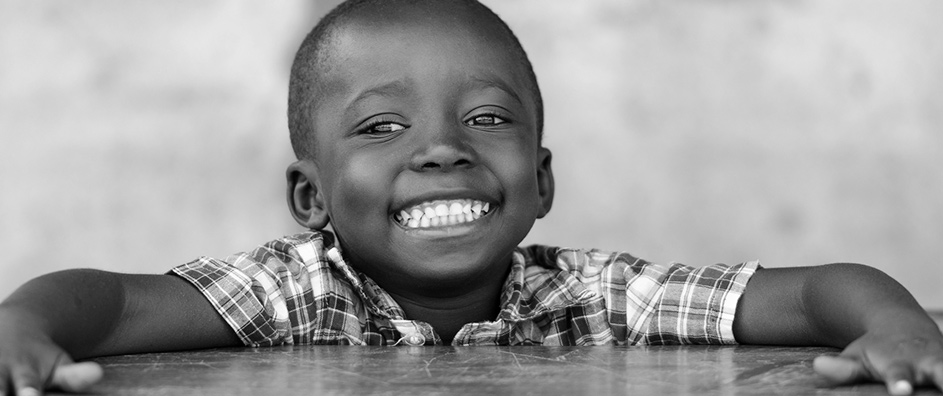The interplay between education and spirituality often yields profound insights, nurturing the human soul and expanding intellectual horizons. The Bahá’í teachings illuminate these connections, presenting education as not merely a means to acquire knowledge, but as a transformative journey toward discovering the spiritual treasures inherent within. This exploration underscores a unique perspective on education—one that transcends traditional boundaries and beckons individuals to delve deeper into the essence of their existence.
At the heart of Bahá’í beliefs lies the notion that education serves as a vital conduit for spiritual growth. It is akin to a finely wrought lens through which the multifaceted brilliance of our inner selves can be uncovered. Just as a geologist meticulously examines the layers of the Earth to reveal precious gems, education invites individuals to interrogate their surroundings and themselves, eventually unearthing insights that resonate on both personal and communal levels.
From a Bahá’í standpoint, the foundational purpose of education extends beyond the superficial acquisition of facts and skills; it invites learners to cultivate character, foster virtues, and engender a sense of social responsibility. This holistic view posits that the real treasures of education are the qualities that empower individuals to contribute positively to society. Character formation becomes a central theme, echoing the sentiment that a well-rounded education nurtures not just the intellect but also the spirit.
One of the most intriguing metaphors employed in this educational paradigm is the concept of the ‘divine treasure chest.’ Each individual is viewed as a chest filled with untapped resources—gifts of wisdom, compassion, and creativity waiting to be unlocked. The process of education, akin to a skilled locksmith, systematically reveals these treasures. Educational institutions and environments serve as the molds wherein children and adults alike can be shaped and prepared to offer their unique contributions to the world.
The pursuit of knowledge, as espoused by Bahá’í teachings, invokes the idea of a double-edged sword: while the blade represents the intellectual advancement that education brings, the hilt symbolizes the ethical and moral implications of wielding such power. As individuals acquire knowledge, they must also cultivate discernment, allowing them to navigate the complexities of life with integrity. This duality emphasizes that true education cannot be divorced from moral rectitude; rather, they coexist harmoniously, fortifying one another.
Moreover, Bahá’í teachings advocate for an inclusive and universal approach to education, recognizing that it is a fundamental human right that transcends socio-economic barriers. This universality affirms that educational equity is not merely an idealistic endeavor, but a sacred responsibility that obligates society as a whole to nurture all its members. When education is made accessible to diverse populations, it fosters a rich tapestry of perspectives and experiences, ultimately enriching the collective knowledge and spiritual fabric of humanity.
In the Bahá’í view, the act of learning is not a solitary enterprise. It is imbued with the spirit of collaboration and mutual support—an embodiment of unity in diversity. Educational settings are envisioned as microcosms of society where individuals practice principles of consultation and collective problem-solving. This emphasis on cooperation cultivates an atmosphere reminiscent of a garden: a place where each flower represents a distinctive thought, blossom, or perspective that contributes beauty and wisdom to the world.
Furthermore, the Bahá’í teachings emphasize the importance of cultivating critical thinking alongside obedience to truth. It is imperative for individuals to engage actively with knowledge—to question, analyze, and synthesize rather than passively accept information. This encourages a robust educational experience that propels learners towards uncovering deeper truths and ultimately leads to spiritual awakening. The road to spiritual enlightenment often parallels the academic journey; as one attains new heights of understanding, the vistas of opportunity expand exponentially.
Infused within the fabric of Bahá’í education is the idea of purpose. The ultimate aim is not merely personal achievement but the betterment of society. Education, in this light, is viewed as a vehicle for social transformation, where enlightened individuals actively work towards the upliftment of humanity. This sense of purpose imbues the educational experience with a profound significance, producing not just scholars, but socially responsible citizens equipped to address the pressing challenges of their time.
As one navigates the currents of this educational journey, the spiritual treasures that emerge may vary among individuals and communities. Some may unearth empathy and compassion, while others may discover innovation and creativity. Each revelation adds to the collective wisdom, creating a legacy of knowledge that enriches future generations. In this sense, education becomes an intergenerational treasure hunt—a continuous journey where each seeker contributes to an ever-expanding collection of insights and virtues.
In conclusion, the Bahá’í teachings exalt education as a divine undertaking, a transformative path that reveals the spiritual treasures embedded within us all. By fostering a comprehensive approach to learning—character development, ethical discernment, inclusivity, collaboration, and social responsibility—education becomes a sacred enterprise. As we endeavor to unlock our inner treasure chests, we not only enrich our own lives but contribute meaningfully to the collective advancement of humanity, ensuring that the light of knowledge continues to illuminate the world for generations to come.
